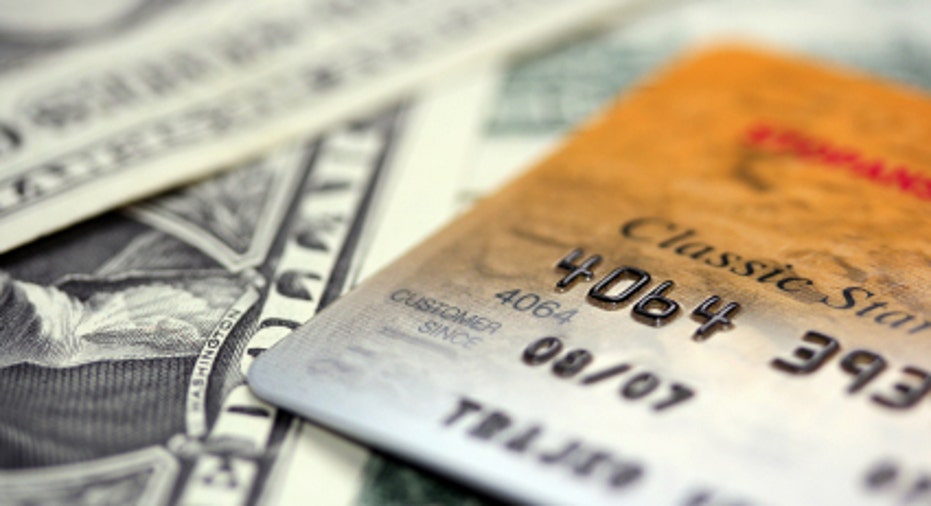Bad Debt but Good Income? Your Credit Can Be Fixed

Dear Opening Credits,
Let's say my credit score is 567, and my past wasn't that good financially. When I decided to get serious with my credit, I found that it's pretty bad. I've had just one open credit card for the last two years. And I have a child support for $38,000. I have a pay plan but it doesn't show in the credit, and I have about $12,000 in hospital debts. Well, my point is this: Now I need to have a credit card (not prepaid). What are the chances that I have to get one? I have a steady job, I make around $4,600 a month, gross, and have been at the same company for last four years. That's my question with a little bit of my backround. Thank you.
- Juan
Dear Juan,
I'd like to relieve any anxiety you may have right away: Yes, you can probably get a real -- not just a prepaid -- credit card now. It would not be the best on the market, true, but if you must have a line of credit soon, a restarter product is likely within reach.
But back to your specific situation. Some of the information you provided is relevant to a credit issuer, while other pieces of your back story are not. All of it is important to you, of course, but its a good idea to focus on the two factors that creditors use to determine eligibility. The first is credit rating and the second is income.
A credit rating is a general way of referring to your past borrowing and repayment activity. Your rating will be high if the data on your consumer credit reports is positive. Essentially, that means that it shows an established pattern of on-time payments, and possessing a low debt-to-credit limit ratio.
Credit scores, such as the FICO (which is almost certainly what you referred to when you cited that three-digit number), take the financial information listed on the credit reports and feed it into a special mathematical model. The result is a risk score that lenders and other businesses often use to determine your credit rating. FICO scores range from a low of 300 to a high of 850. Those in the mid 500s are firmly on the low end of the spectrum, known as subprime credit.
Any financial institution would hesitate to lend money to someone who demonstrated that he hasn't managed to repay his obligations in full and on time, or who owes so much already that borrowing more is a recipe for further disaster. However, you do have something on your side, which is a substantial amount of money flowing in. Your income can help a creditor gain confidence that you can handle another account.
Compare "bad credit" card offers to see what's available in your credit rating category. You'll see that many are secured accounts. Don't worry, though. They're not prepaid cards loaded with your own money, but actual credit cards guaranteed by a cash deposit. The bank is still lending you money each time you swipe, but if you don't pay as you promise, it can claim the funds that you put down and that it's holding in a separate account. With this type of card, you can rebuild your credit rating. Just use it regularly, pay before the due date and don't keep a running balance. All will be recorded on your credit reports and then factored into your scores.
Now to your personal economic problems. You've got what seems to be child support payments, and maybe some major arrearage, though usually that will show up on credit report. If it's not evident, you're extremely lucky. Get this situation under control immediately, if you haven't already. Wage garnishments and other brutal collection activity can occur if you don't.
The medical bills are no trifling matter, either. They are almost certainly on your credit repots and whatever debt collector is holding them may eventually decide to take you to court. Therefore, if the debts are well within the statute of limitations for lawsuits, pay them down. A zero balance on those, plus charging with your new card in a healthy way for a year or so will increase your credit rating dramatically.
See related: FICO's five factors and what each means to your credit score



















